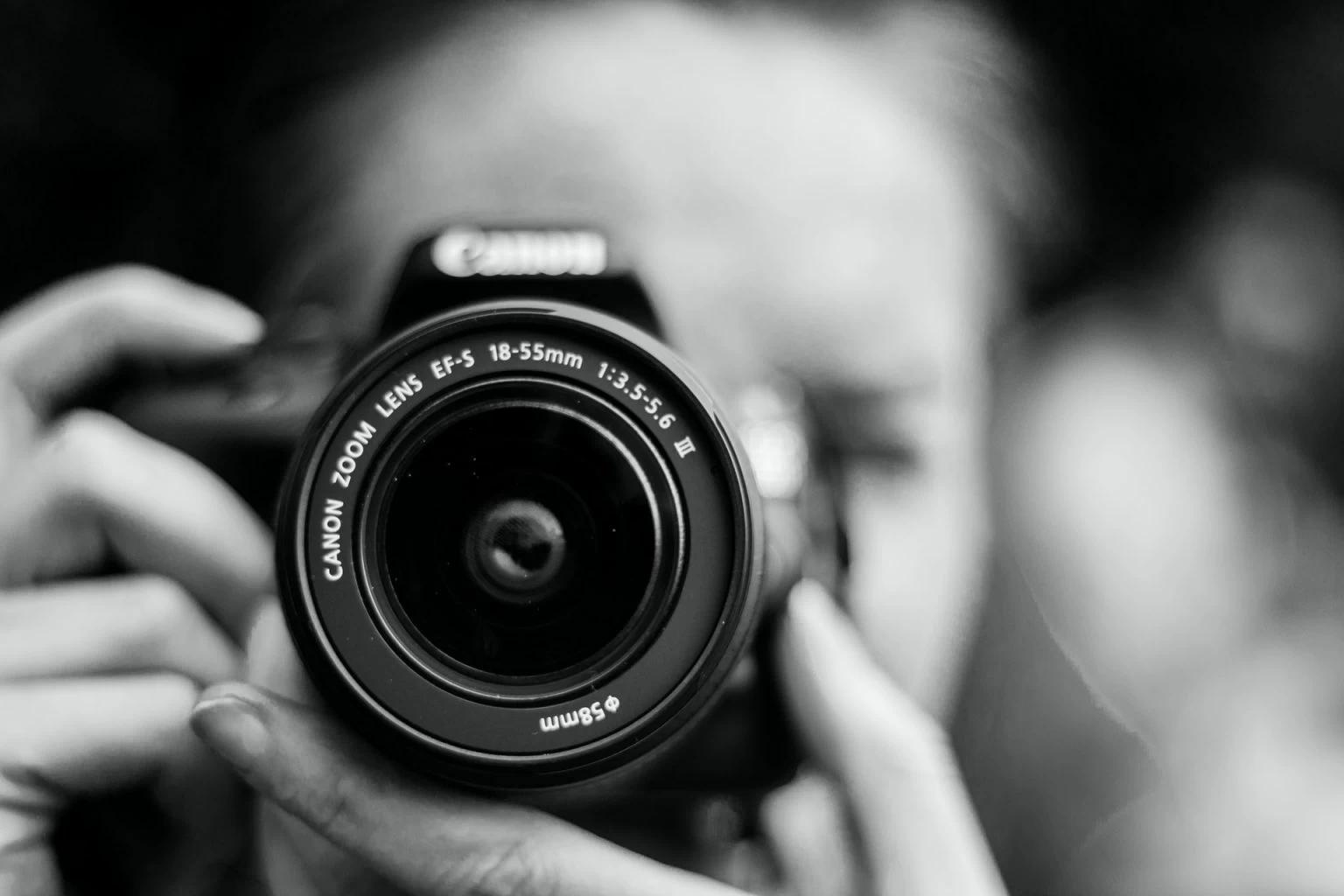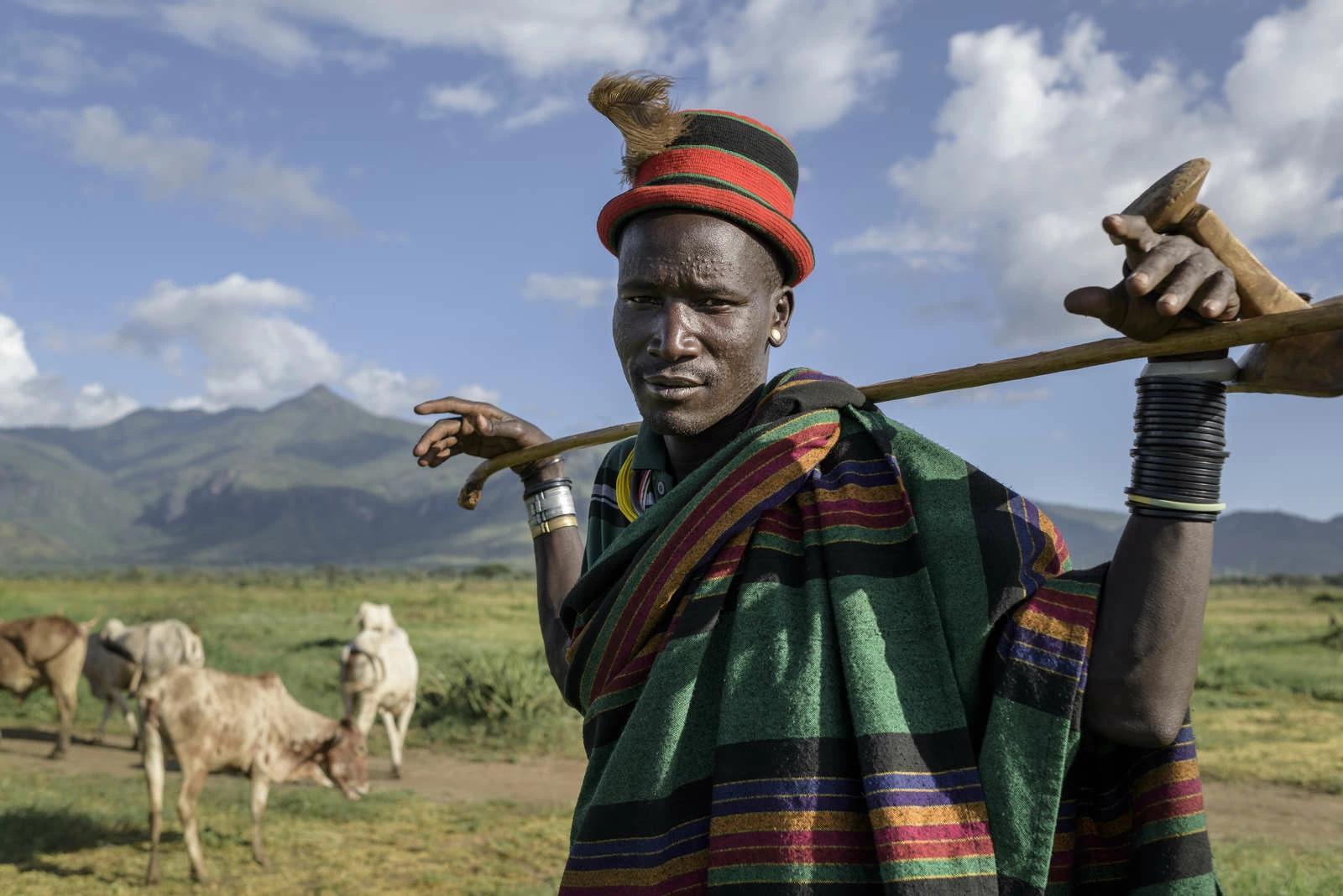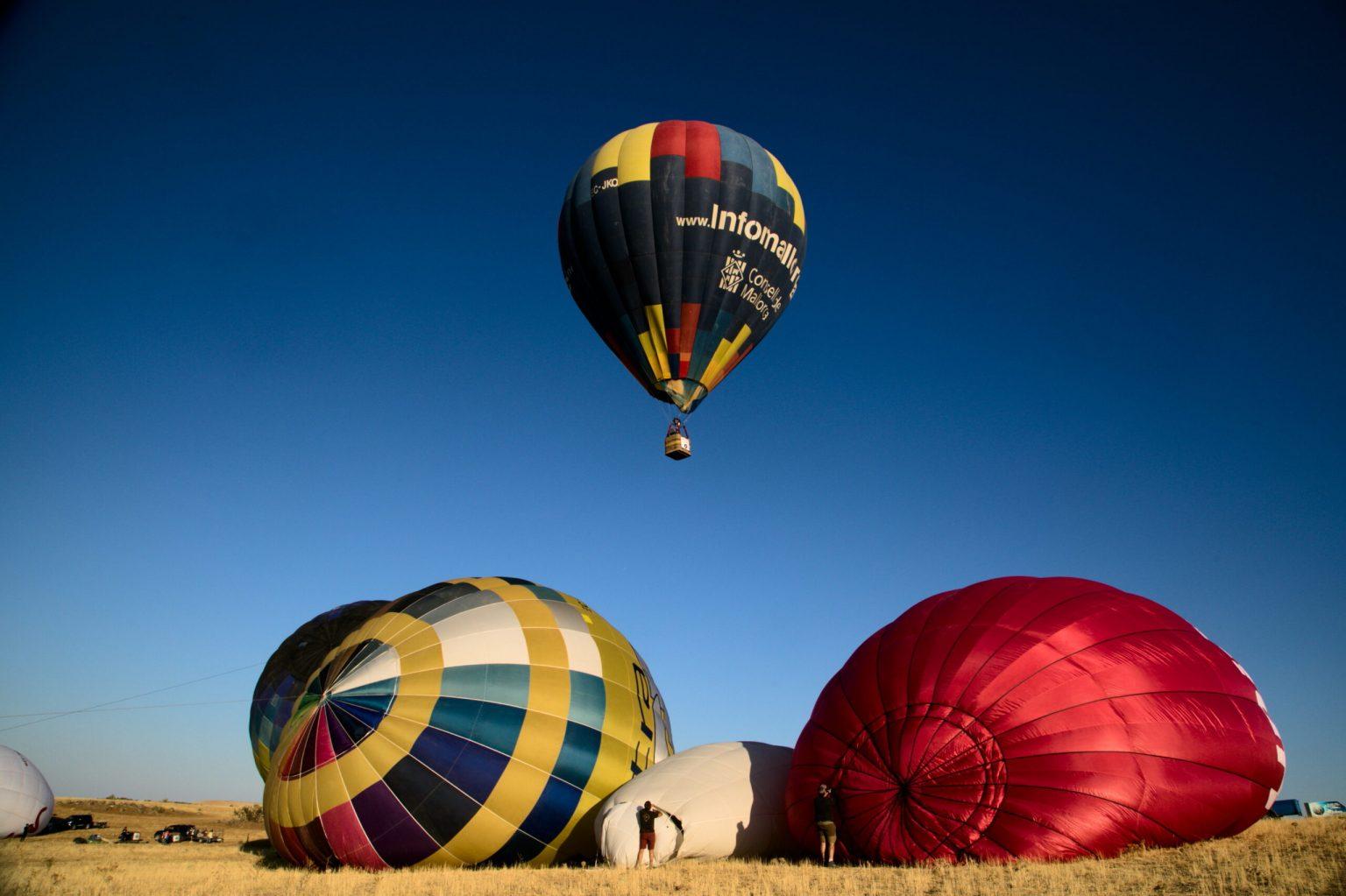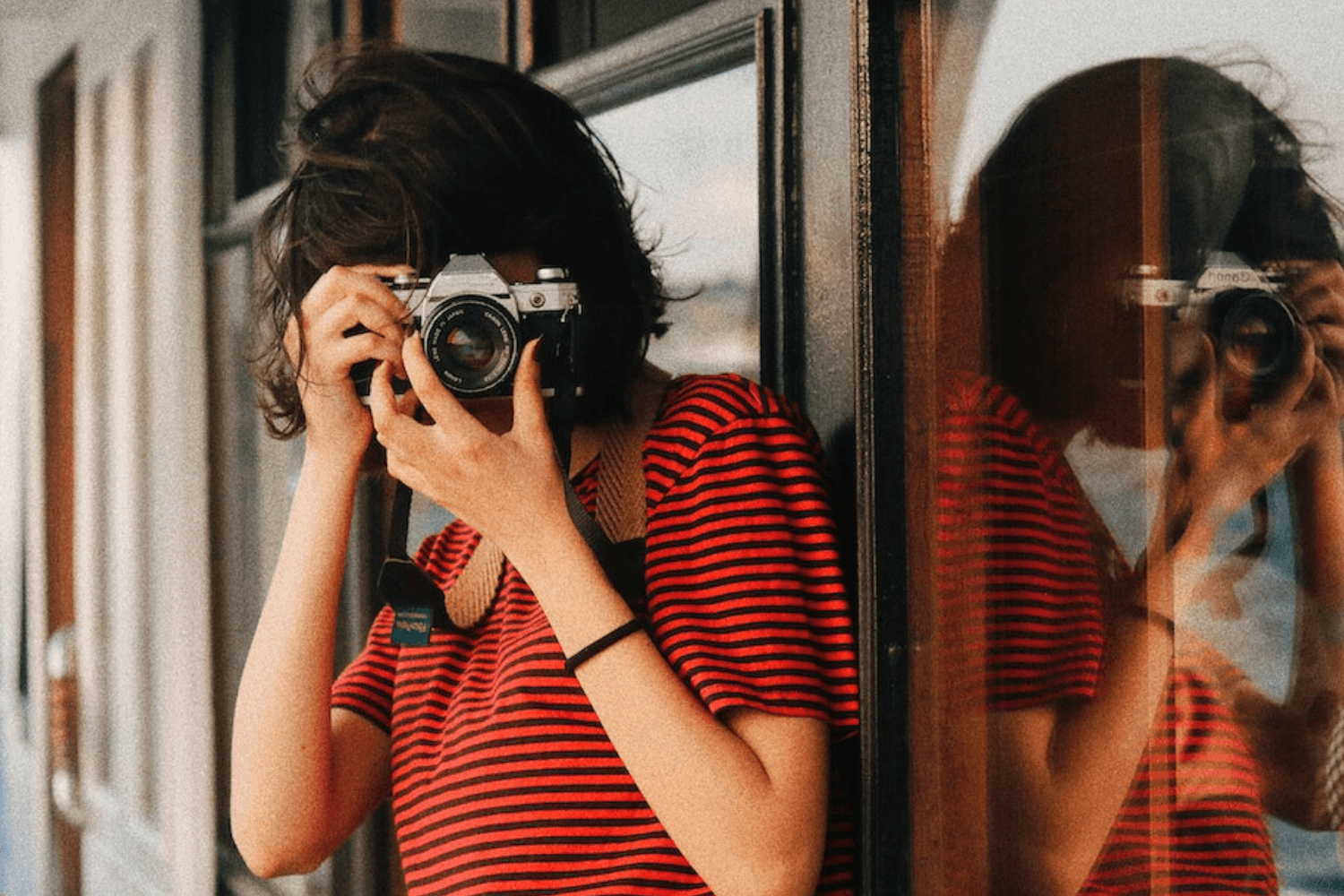To ask or not to ask? The photographer's conundrum
Yvan Cohen
Wed Jan 13 2021

For street and documentary photographers, it’s a question that goes to the heart of their art: when is it right, or appropriate, to ask a subject’s permission before taking their photo?
There are those who say it’s just wrong to take a picture of somebody you don’t know and have never met without asking permission. For some it’s about manners – it just doesn’t feel right or polite to take somebody’s picture without asking. For others it’s an ethical concern, that revolves around how photographers use or abuse their power.
For many photojournalists and documentary photographers, the ability to take somebody’s photograph naturally and spontaneously, without intervening to ask permission, is essential.
Photojournalists argue that the burden of responsibility not to exploit, to be as empathetic and as objective as possible, lies squarely with the photographer. This is the essence of their profession, the cornerstone of their ethics.
Photojournalists provide a service to society by showing us realities which might otherwise remain unseen. Their purpose is to inform, to provoke a reaction and to stimulate public opinion which in turn (in democracies at least) may be brought to bear on politicians who determine policy.
Shoot first ask questions later
For many photojournalists and documentary photographers there is an intermediary solution; shoot first, ask questions later.
It is often a professional requirement for news photographers and photojournalists to record the name and personal details of their subjects. To preserve the authenticity of a scene, however, this means the photographer takes a picture first and then approaches the subject to explain what they’re doing and ask for some relevant details. This empowers the subject by providing an opportunity to decline permission to use their image.
It’s worth remembering that even if you asked permission before taking someone’s picture, if you don’t add caption information, the only context and reference points for your picture are visual. This may or may not be fine for an artistic street shot, where the meaning might be open to interpretation.
In other contexts, however, the argument for adding caption information is strong.
Imagine a picture of a woman smiling and holding the hand of a child. Without a caption, the picture could suggest motherhood, trust, security. But what if the caption explained that the woman holding the child’s hand is not its mother, or that the mother was afflicted with a life threatening disease? The entire meaning of the picture would pivot.
Getting a model release
There are situations when asking for permission will involve your subject formally granting you rights to use their image. The general rule in most countries is that you can take somebody’s picture without asking for permission when the end use is editorial – meaning the image will be used for informational or purely artistic purposes. But if you’re creating pictures intended for commercial use – like advertising – your subject will need to sign a legal document called a model release. A model release is a signed contractual agreement that usually includes a picture of the subject and a legal text outlining the rights granted. You’ll find a sample model release here. It’s worth remembering that there are also situations when you’ll need a release form for buildings too – especially if you want to licenses your image for commercial uses.
The right to your image in France
In France, the question of asking permission to take somebody’s picture has been resolved by law even when it comes to editorial uses. ‘The right to your image’ (or ‘droit a l’image’ in French) makes it illegal for street photographers in France to publish candid pictures of recognizable individuals without their permission (with a few notable exceptions such as in the case of public demonstrations and public figures). It’s ironic that the country that gave us such street photography greats as Henri Cartier Bresson and Robert Doisneau, to name but two, should be at the forefront of legal efforts to restrict the freedom to photograph individuals in public places.
Photography and power
But the question of taking somebody’s picture without asking permission isn’t just about legal rights, it also relates to the exercise of power.
In situations of distress, conflict or poverty, a photographer might be perceived as an exploitative actor, seeking to profit from others’ misfortune or vulnerability.
In such situations, the photographer often has the power and the responsibility, to define their subjects, placing them within the broader context of a story about which they may know nothing and over which they have no control.
And yet if photographers can’t document what exists, if they can’t bear witness to real life as it unfolds, how can their images be held up as faithful records of what actually took place? How can the photographer be a neutral observer?
There is no definitive answer to the question of whether one should or should not ask for permission before – or even after – taking someone’s photo. Much depends on context, on intent, on empathy, understanding and ethics. Indeed, most photographers would probably agree that there are times when it is right and necessary to ask permission and other times when to do so would destroy the authenticity of the moment.
Written by Yvan Cohen | Yvan has been a photojournalist for over 30 years. He’s a co-founder of LightRocket and continues to shoot photo and video projects around South East Asia.
Featured photograph by Ailbhe Flynn
To read more helpful articles on photography, check out our blog page.
Join our growing photographer community at LightRocket and get powerful archive management and website building tools for free!


